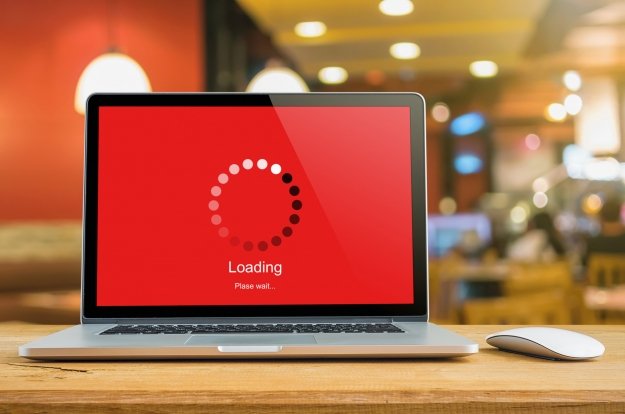
If you’ve done any work around search engine optimization, you might know that Google penalizes pages that take more than two seconds to load. Unfortunately, most websites take quite a bit more time to load.
Google’s restrictions stem from user demands. The search engine’s research shows that people will navigate away if a site takes three seconds to load. Clearly, getting your website up to speed is important for both your SEO and your users.
If your website loads slow, you might be wondering what you can do. Try out a few of these ideas for how to speed up website pages.
Look Under The Hood At Code
Mobile use has increased over the last few years. Some people today only use a phone or a tablet to access the Internet.
That’s one reason you should put emphasis on making sure your site has a mobile-friendly version. The other reason is that the code used for mobile sites is often lighter and more streamlined.
What does that have to do with page speed? Lighter, more streamlined code makes your site faster and easier to load. That’s particularly important for lightweight mobile browsers and unstable mobile connections.
If you haven’t already invested in a mobile site, now’s the time to do it. If your page is still running slow, then take a look at how the site handles JavaScript and CSS. It could be slowing your site down.
Optimize Images And Video If A Website Loads Slow
If you already have a mobile site optimized to load at lightning-quick speeds, you might wonder why your site is still loading slow. Part of the issue could be your content.
Images and videos are big files, and it can take a bit to load them. If a user is on a mobile device or has a poor connection, it could take even longer.
You can help reduce the time it takes to load these graphic elements by optimizing them. This includes using compression and different file types. Some file types move faster over connections, meaning they take less time to load.
Supercharge Your Servers
You’ve looked at your code and you’ve optimized your content. Despite this, your website still loads slow.
There might be another culprit here: your servers. If you use a hosting service, it could be that the servers your site is on aren’t ready to deliver the load times you need. Your hosting provider may only offer certain speeds with an upgraded package.
If you host your site on your own servers, you have more control. Again, it’s important to make sure the servers are actually capable of and configured to allow faster page speed load times.
Check Page Speed
Once you’ve taken steps to increase website speed, it’s a good idea to watch them. The experts at LoveSEO note there are plenty of tools you can use to check-in on-site speed.
Before you change anything, make sure you take a look at average page load times and more with a tool like Google’s Lighthouse. From there, you may be able to pinpoint problems and make tweaks to improve performance.
Get Your SEO Up To Speed
You don’t need to stand idly by if your website loads slow. By taking these simple steps, you can improve your page’s loading speed and your SEO.
Looking for more great tips to improve SEO and digital marketing for your business? You’re in the right place. Check back to stay up to date with all the tips, tricks, and trends.
The post Website Speed Optimization 101: What to Do If Your Website Loads Slow appeared first on Mike Gingerich.
Read more: mikegingerich.com









